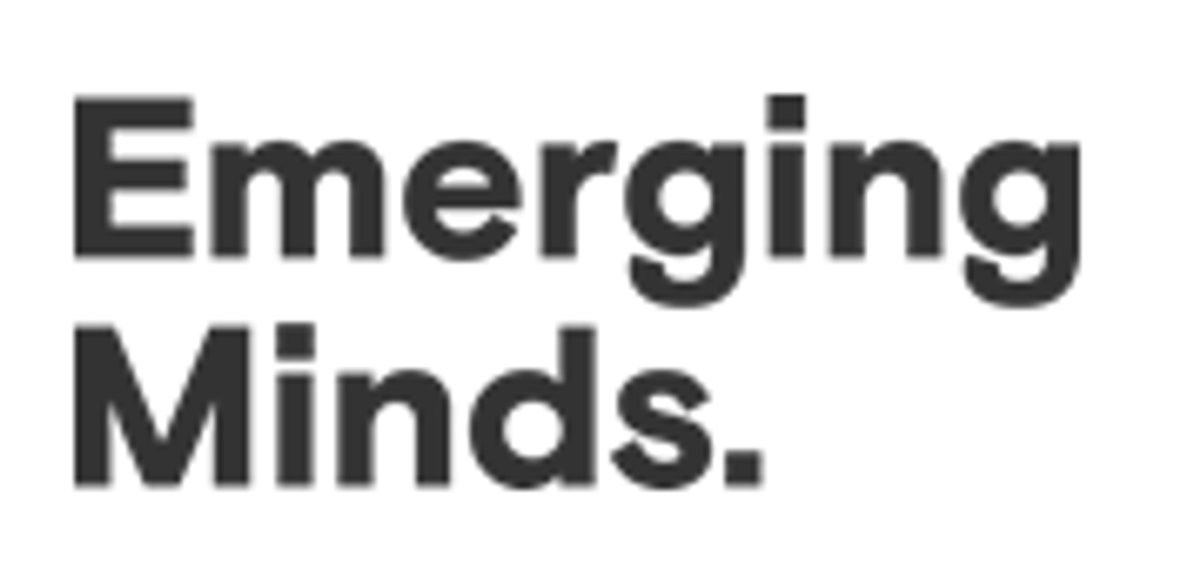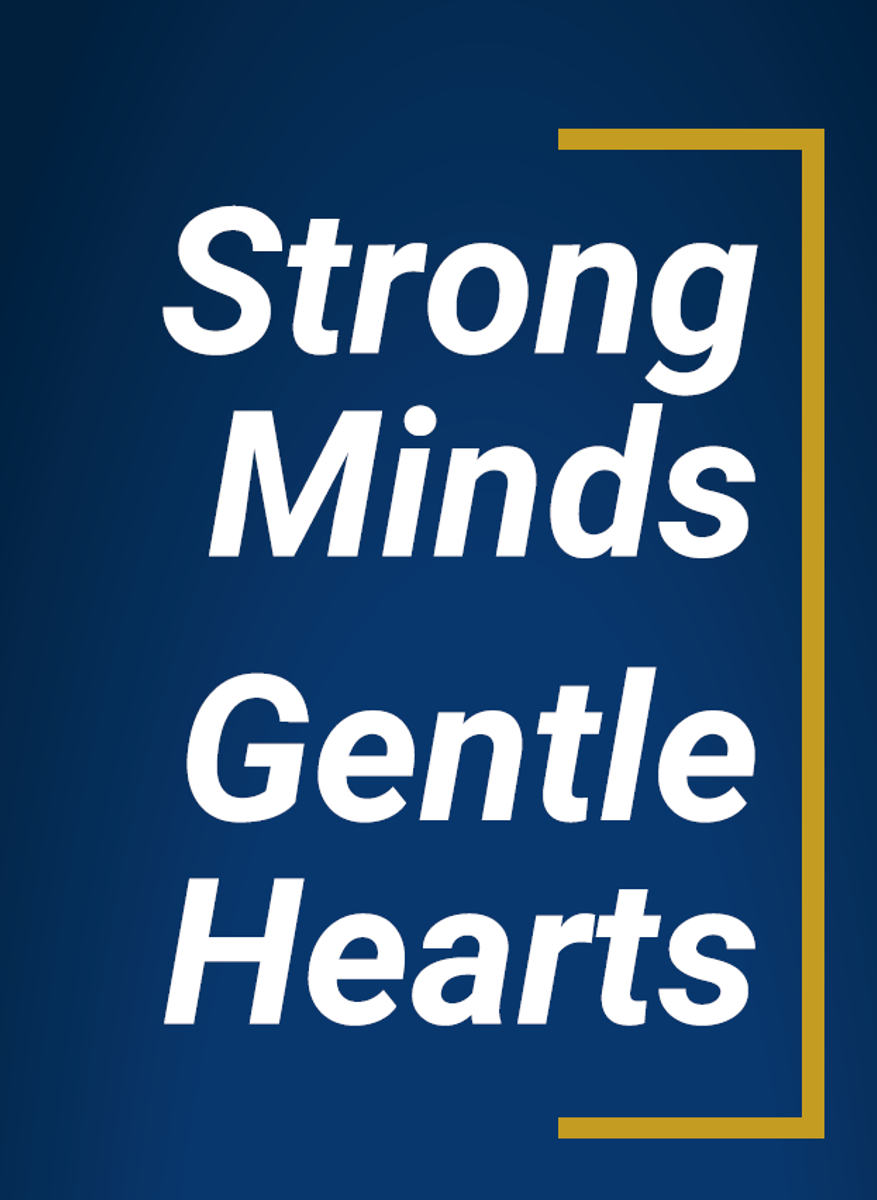COUNSELLING CONNECTIONS
News from the College Counsellors
Br Roger Vallance fms & Mrs Marijke Keller

COUNSELLING CONNECTIONS
News from the College Counsellors
Br Roger Vallance fms & Mrs Marijke Keller
Click below to see the October Mental Health Calendar
Queensland's Mental Health Week started on 8 October. There are lots of events and ideas to access for Mental Health Week. Below are a couple that you might investigate as helpful for your young person.
The file below “Wellbeing Tips ” gives some tips to help you encourage good mental health wellbeing in your family. I encourage you to print this document and post it for family information and review.
The ideas below come from Qld Ed Link [CHHHSEd-LinQ CHHHSEd-LinQ@health.qld.gov.au] and its coordinators Mandie Nicoll, Katherine Roos, and Toma Hartley.


Reading and Resources, Podcasts and Presentations


Clinical Professor of Psychiatry at Harvard Medical School http://www.robertwaldinger.com/ researcher and Zen priest Dr Robert Waldinger tracked the lives of 724 men over a period of 78 years. What he discovered was that good relationships keep us happier and healthier, and that loneliness kills.
Read and hear more about Dr Waldinger’s research here, (article “4 lessons from the longest-running study on happiness”) and here. (Ted Talk: What makes a good life? Lessons from the longest study on happiness).


Despite the best efforts of clinicians and researchers for decades, we still do not fully know why some people develop mental disorders and others do not. However, changes in the brain are very likely our best clues to future mental health outcomes.
"Brain fingerprinting" of adolescents might be able to predict mental health problems down the line. Learn more here.


Packed full of links to webinars, podcasts, practice papers and fact sheets, Emerging Minds brings together the latest in child and adolescent mental health research.
Emerging Minds learning is the home of free online training courses to support children’s mental health and wellbeing. Their innovative courses are designed to help professionals in health, community and social services to develop their skills and confidence in working with children (aged 0-12) and families. Have a look at what they offer here.
What is Child Ecology? Infants’ and children’s mental health (more than that of any other age group) is tied to the world around them. Children's relationships at home, at school and neighbourhood environments, and the broader societal and economic context they live in all have an impact on their social and emotional wellbeing and development. Start your deep dive into child ecology here.
The Adverse Childhood Experiences (ACEs) toolkit consists of 68 separate resources to assist both individuals and professionals who work with, and care for, children who have had adverse childhood experiences. Start exploring the range of information, tools, and resources here


*Not to be confused with the fabulous Ed-Talks presented by Ed-LinQ!
How does income affect childhood brain development?
Neuroscientist and paediatrician Kimberly Noble is leading the Baby's First Years study: the first-ever randomized study of how family income changes children's cognitive, emotional and brain development.
She and a team of economists and policy experts are working together to find out: Can we help kids in poverty simply by giving families more money? "The brain is not destiny," Noble says. "And if a child's brain can be changed, then anything is possible. Listen to the latest here.
Resilience is one of the strongest indicators of good mental health. Despite some common language or media explanations, good mental health is not the absence of stress, worries or challenges, it is not even the lack of failures and disappointments. Good mental health is indicated by resilience in the face of such challenges: the ability to keep bouncing back, continuing to "have a dig" getting back up and facing challenges again with a positivity of "I’ll give this my very best"! Could I ask that you consider this diagram as one guide to developing resilience in your young people.




I think that resilience is a new word for qualities we have long appreciated. We may have previously called this "strength of character" or "strong minded" which echoes our Marist theme of Strong minds and gentle hearts which evokes the idea that Marcellin Champagnat had along with many before him and many people since up to today.
Email Br Roger brroger@cns.catholic.edu.au or phone: 07 4052 9135.
Email Mrs Marijke Keller mkeller@cns.catholic.edu.au or phone: 07 4052 9136.